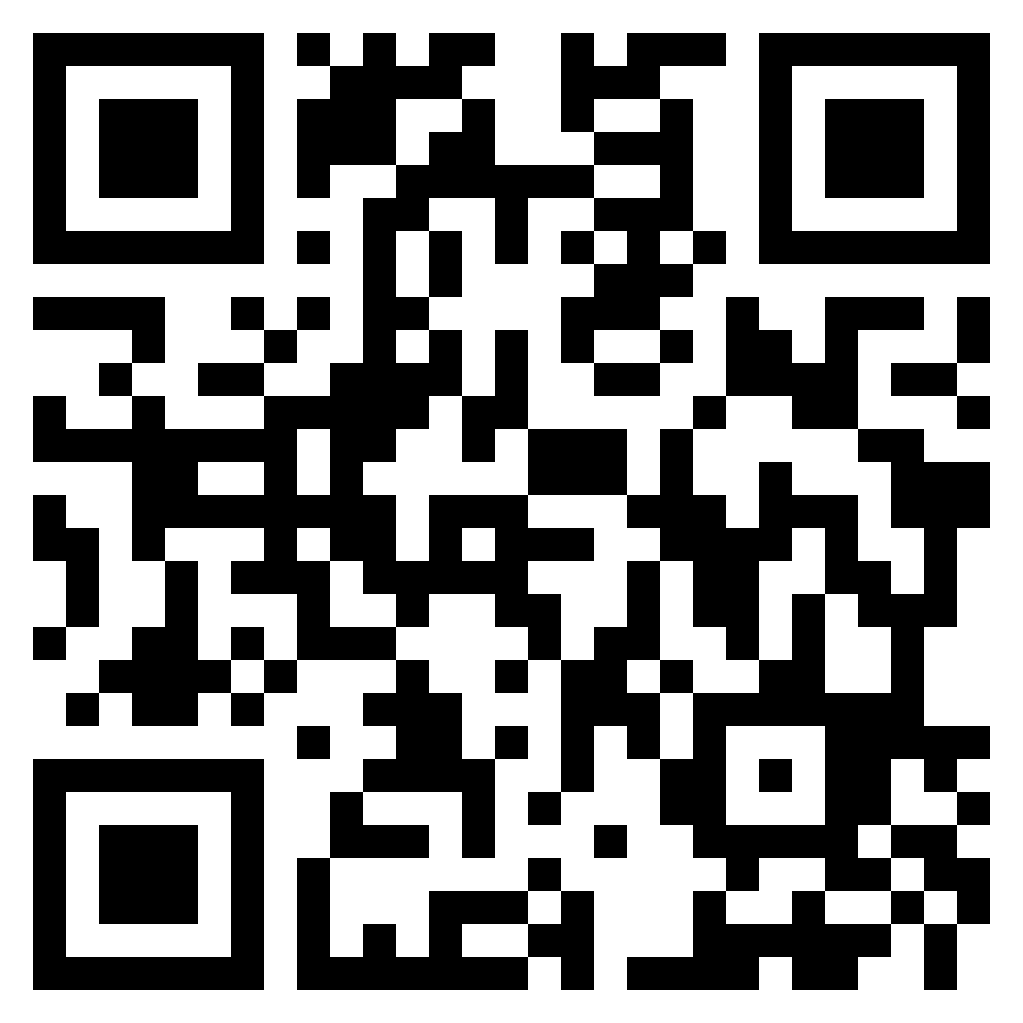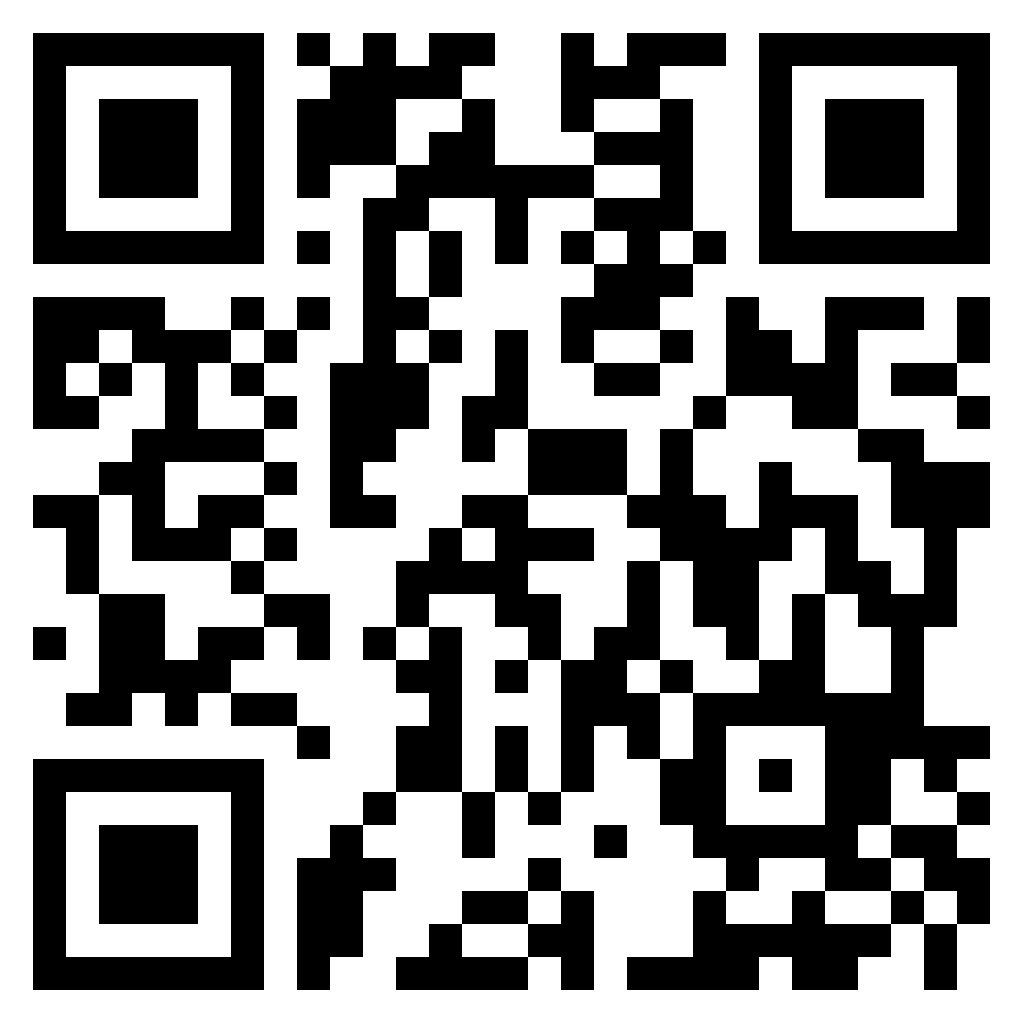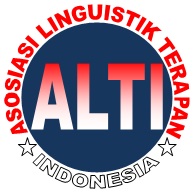Self Presentation of Idol K-Pop Roleplay Account in Twitter
DOI:
https://doi.org/10.46961/mediasi.v4i3.831Keywords:
Presentasi Diri, Roleplay, K-Pop, Dramaturgi, TwitterAbstract
This study aims to find out how self-presentations are made by users of K-Pop Idol roleplay accounts on Twitter. Roleplay is the activity of someone who assumes himself as another person or in a certain role. This research was conducted concerning the dramaturgical theory of Erving Goffman. This research is a type of descriptive qualitative research. In this study, data were obtained through observation and interviews which were then analyzed using interactive data analysis techniques. The results obtained in this study indicate that the resource person's roleplay account is the front stage which contains settings, appearance, and manner. Meanwhile, the back stage of the informant is the original life of the resource person which then becomes a place of preparation to form self-concept or impressions in the world of roleplay. Self-presentation can be seen from the appearance of the speakers on the front stage. While the preparation in the back stage includes the concept of identity, reference and motivation. Apart from that, in the back stage, the informant tends to hide the fact that he is a roleplayer
References
Achsa, H. P. (2015). Representasi Diri Dan Identitas Virtual Pelaku Roleplay Dalam Dunia Maya (‘Permainan Peran’ Hallyu Star Idol K-Pop dengan Media Twitter). Jurnal Ilmu Komunikasi Paradigma, 3(3), 1-12.
Agustin, S. M., & Sepang, N. R. (2022). Performance On Digital Dramaturgy Region in Simultaneous Video Conferences. Jurnal Komunikasi Indonesia, 10(2), 74–92. https://doi.org/10.7454/jki.v10i2.13879
Aini, Q. (2013). Presentasi Diri “Ayam Kampus” (Studi Dramaturgi Mengenai Perilaku Menyimpang Mahasiswi di Pekanbaru). Jurnal Online Mahasiwa Fakultas Ilmu Sosial Dan Ilmu Politik Universitas Riau, 1(1), 1–14.
Asa, B. T. (2018). Memaknai Pengalaman Hidup Orang Dengan Hiv/Aids Kds Flores Plus Support: Sebuah Refleksi Teologis-Biblis. Jurnal Ledalero, 10(2), 249-264, https://doi.org/10.31385/jl.v10i2.139.
Bogdan, R. C., & Biklen, S. K. (2007). Qualitative Research for Education: an Introduction to Theories and Methods. Boston, MA: Allyn & Bacon.
Endang, A. (2020, June). Analisis Dramaturgi melalui Fitur Photo Tagging pada Media Sosial Facebook. In Seminar Ilmu-Ilmu Sosial (pp. 73-82).
Fitria, K. (2023). Sebuah Kajian Ethnografi Digital pada Keterlibatan Fandom K-Pop dengan Isu Sosial di Media Sosial. Jurnal Ilmu Sosial dan Humaniora, 6(2), 458–469.
Girnanfa, F. A., & Susilo, A. (2022). Studi Dramaturgi Pengelolaan Kesan Melalui Twitter Sebagai Sarana Eksistensi Diri Mahasiswa di Jakarta. Journal of New Media and Communication, 1(1), 58–73. https://doi.org/10.55985/jnmc.v1i1.2
Goffman, E. (1986). The Presentation of Everyday Life. Urban Life, 15(1), 103–121.
https://doi.org/10.1177/0098303986015001004
Hall, S. (Ed.). (1997). Representation: Cultural Representations and Signifying Practices (Vol. 2). Sage.
Kenzy, Y. M. N. (2018). Presentasi Diri Group K-Pop Cover Dance (Studi Dramaturgi Pada Group K-Pop Cover Dance Sinister). 3(2), 104–111.
Kiling, B. N., & Kiling, I. Y. (2015). Tinjauan Konsep Diri dan Dimensinya pada Anak dalam Masa Kanak-Kanak Akhir. Jurnal Psikologi Pendidikan dan Konseling: Jurnal Kajian Psikologi Pendidikan dan Bimbingan Konseling, 1(2), 116-124.
https://doi.org/10.26858/jpkk.v1i2.1811
Littlejohn, S. W., & Foss, K. A. (2011). Encyclopedia of Communication Theory. In SAGE Publications, Inc. https://doi.org/10.4324/9781315228846-3
Mecca, A., Affandi, A. F. M., & Pratama, G. (2022). Men With Hijab: Menetapkan Kejamakan Identitas Gender Cross-Hijaber di Media Sosial. Jurnal Sosial Humaniora, 15(2), 90-99. https://doi.org/10.1088/1751-8113/44/8/085201
Miles & Huberman. (1994). Qualitative Data Analysis (second). SAGE Publications.
Najman, M. B., & Hasfi, N. (2019). Self Presentation Anggota Komunitas Motor Rx-King Mrc (Kajian Dramaturgi Tentang Presentasi Diri Anggota Komunitas Motor Rx-King Di Kota Salatiga). Interaksi Online, 7(4), 281-294.
Octavian, N., & Utami, I. (2016). Efek Halo dan Keputusan Audit: Studi Eksperimental Pengujian Bentuk dan Cara Penyajian Informasi. Kinerja, 20(2), 117–131. https://doi.org/10.24002/kinerja.v20i2.845
Pamungkas, D. B. A., & Aisyah, V. N. (2022). Analisis Pengelolaan Kesan Mahasiswi Bercadar di Instagram. Borobudur Communication Review, 2(2), 54–66. https://doi.org/10.31603/bcrev.4982
Pratiwi, L. P., & Putra, A. (2018). Motif Sosiogenesis Pasangan Roleplay Dalam Media
Sosial Twitter Sociogenic Motive of Couple Roleplay in Social Media Twitter. 2(2), 127–143.
Retasari Dewi, P. A. J. (2018). Dramaturgi dalam Media Sosial: Jurnal Ilmu Komunikasi, 8(3), 340–347.
Rorong, M. J. (2018). The Presentation of Self in Everyday Life: Studi Pustaka dalam Memahami Realitas dalam Perspektif Erving Goffman. Jurnal Oratio Directa, 1(2), 119–132.
S Oktaviani A. (2017). Hedonisme dan Konsumerisme dalam Perspektif Dramaturgi Erving Goffman. Jurnal Ilmiah Pendidikan Ekonomi, 2(1), 57–64.
Santosa, L. W. (2020). Label Negatif untuk Fans K-pop Benarkah Mereka Berperilaku Buruk. In Antara News. https://www.antaranews.com/berita/1657050/label-negatif-untuk-fans-k-pop-benarkah-mereka-berperilaku-buruk
Santoso, A. (2011). Studi Deskriptif Effect Size Penelitian-Penelitian di Fakultas Psikologi Universitas Sanata Dharma. Jurnal Penelitian, 14(1), 1–17. http://repository.usd.ac.id/id/eprint/9419
Septiana, E., & Syafiq, M. (2013). Identitas “Lajang” (Single Identity) dan Stigma: Studi Fenomenologi Perempuan Lajang di Surabaya. Jurnal Psikologi Teori Dan Terapan, 4(1), 71-86. https://doi.org/10.26740/jptt.v4n1.p71-86
Suneki, & Haryono. (2017). Paradigma Teori Dramaturgi terhadap Kehidupan Sosial.
Civis, 2(2), 1–11.
Tiara, G. (2021). Dramaturgi Pengelolaan Kesan Konten Kreator di Media Sosial Instagram. Akrab Juara: Jurnal Ilmu-Ilmu Sosial, 6(3), 14-24. https://doi.org/10.58487/akrabjuara.v6i3.1521
Valenciana, C., & Pudjipudojo, Jetie. (2022). Korean Wave; Fenomena Budaya Pop Korea pada Remaja Milenial di Indonesia. Diversita, 8(2), 205–214.
Downloads
Published
How to Cite
Issue
Section
Citation Check
License
You are free to:
- Share — copy and redistribute the material in any medium or format for any purpose, even commercially.
- Adapt — remix, transform, and build upon the material for any purpose, even commercially.
- The licensor cannot revoke these freedoms as long as you follow the license terms.















